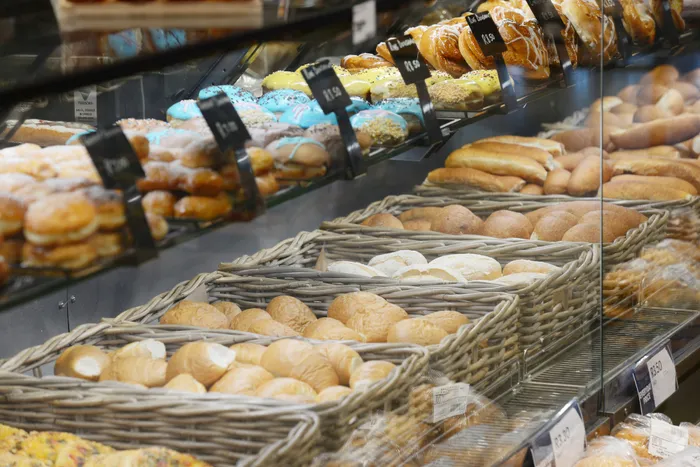South African households still struggling as food affordability crisis persists
CONSUMER PRICES

South African households are spending less on food but still can’t afford basic nutrition. The August 2025 Household Affordability Index shows food prices eased slightly, yet wages and grants remain far below the cost of a nutritious diet, leaving families struggling to survive.
Image: Armand Hough: Independent Newspapers
The latest Household Affordability Index for August 2025 showed that while food prices have eased slightly month-on-month, South African households remain under severe financial pressure, with wages and social grants still falling short of meeting basic nutritional needs.
According to the Pietermaritzburg Economic Justice and Dignity Group (PMBEJD), which tracks food prices across 47 supermarkets and 32 butcheries in major urban centres, the average cost of the Household Food Basket stood at R5 380.62 in August.
This reflected a month-on-month decrease of R62.10 (-1,1%), but a year-on-year increase of R153.48 (2,9%).
Food price shifts
Of the 44 basic foods tracked, 23 items increased in price while 21 decreased.
Among the steepest increases were beef tripe (6%), peanut butter (6%), and soup (5%), while items such as potatoes (-9%), onions (-15%), tomatoes (-12%), and carrots (-16%) provided some relief.
Regional variations were also significant.
The Springbok basket was the most expensive at R5 763.12, recording a sharp year-on-year rise of 6.2%, while Durban households paid the least at R5 253.08.
Johannesburg, Cape Town, and Mtubatuba saw monthly decreases, while Pietermaritzburg and Springbok registered increases.
Inflation trends
Statistic South Africa’s (StatsSA) latest Consumer Price Index (CPI) for July 2025 showed headline inflation at 3.5%, with food inflation still higher at 5.5%.
Producer price inflation in agriculture came in at 4.8%, with animal products rising by 9.3%, a key driver of meat price increases seen in household baskets.
Affordability remains the greatest challenge
The National Minimum Wage (NMW) is R28.79 per hour, translating to R4 836.72 per month for a general worker.
However, PMBEJD’s calculations show that once electricity and transport costs are covered – amounting to 59.2% of the wage, workers are left with just R1 974.87 for food and all other expenses.
This means households are underspending on food by at least 46.6%.
In real terms, this leaves just R493.72 per person per month, far below the food poverty line of R796.
“Workers’ wages are not enough to support their families with nutritious food, particularly when transport and electricity absorb most of the income,” the report stated.
Children hardest hit
The cost of feeding a child a basic nutritious diet averaged R943.13 in August, slightly down month-on-month but still unaffordable for most families.
The Child Support Grant of R560 covers only 59% of this amount, and remains 30% below the food poverty line.
PMBEJD warned that this shortfall has dire consequences.
“It is not possible for a child to be properly nourished on the Child Support Grant. The gap between the grant and actual food costs perpetuates child hunger and malnutrition,” the group said in its report.
Hygiene costs add to the burden
The Household Domestic and Personal Hygiene Index increased by 0.5% in August to R1 026.36, further straining family budgets.
Although hygiene costs declined year-on-year, they continue to compete directly with food purchases in low-income households.
“These products are essential for health and dignity, but families are forced to make impossible trade-offs between food and hygiene every month,” the report stated.
The bigger picture
Despite marginal declines in some staple prices, affordability remains the defining issue for households.
With wages lagging far behind food inflation, and social grants not covering even half the cost of basic nutrition, millions of South Africans remain food insecure.
The August Affordability Index makes it clear: structural reforms in wages, transport costs, and social protection are urgently needed to ease the daily struggle for survival faced by working-class households.
BUSINESS REPORT